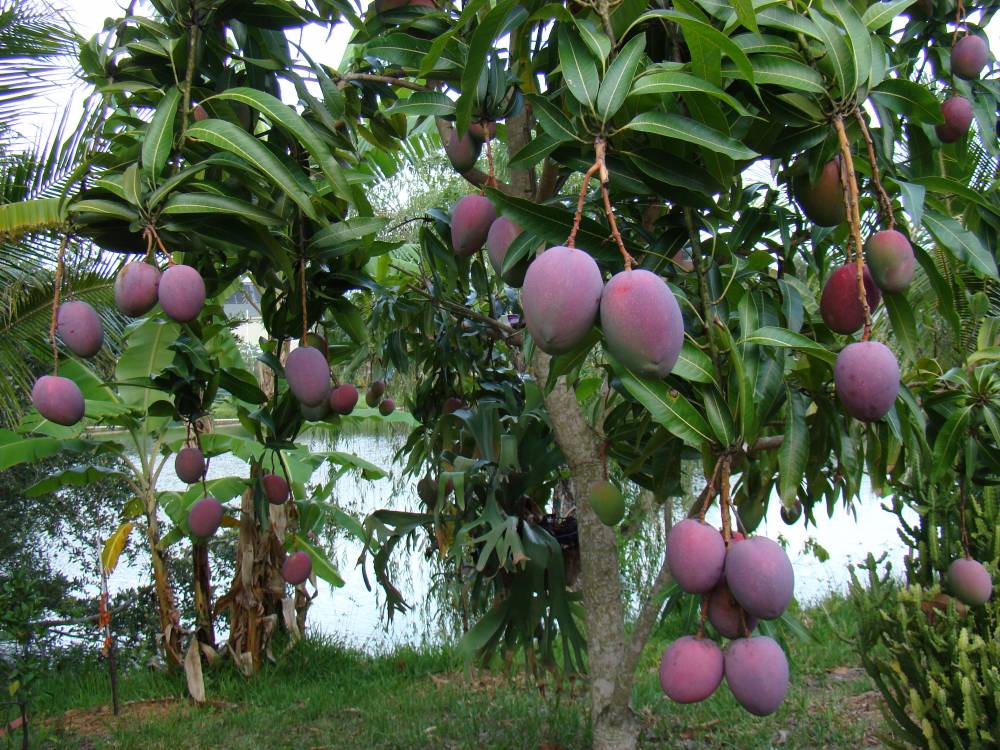A journal for storytelling, arguments, and discovery through tangential conversations.
Wednesday, September 18, 2024
|
Will Buckingham
“The body decays, the mind follows it,” Zhuangzi said. “Can you deny this is a great sorrow? This is how human life is: is it always this bewildering?”
The word Zhuangzi uses for “bewildering” is máng. The character — 芒 — represents the awn of a head of grass. It is the hazy bristle, the beard you find on a stalk of barley. I think of a field of barley shimmering in the breeze, the air becomes indistinct. I think of how you can’t see the precise boundaries where the barley stops and the air begins. There is fuzz, confusion, softness.
Life is máng, and death, too, is máng. Both stages of life are profusion and complexity, entanglement and mess; both bewilderment and blur, like the awn at the end of a stalk of barley. How can you tell where the joins are?
And if, as Zhuangzi says, there is great sorrow here, the sorrow is not that of despair. It is closer to uncertainty, a puzzlement in the face of the fact that life and death are so damned hard to pin down. Zhuangzi, contemplating life and death, asks: “How is it only me who is bewildered?” Then he pushes his perplexity further still, asking, “Are there any others who are not bewildered?”
